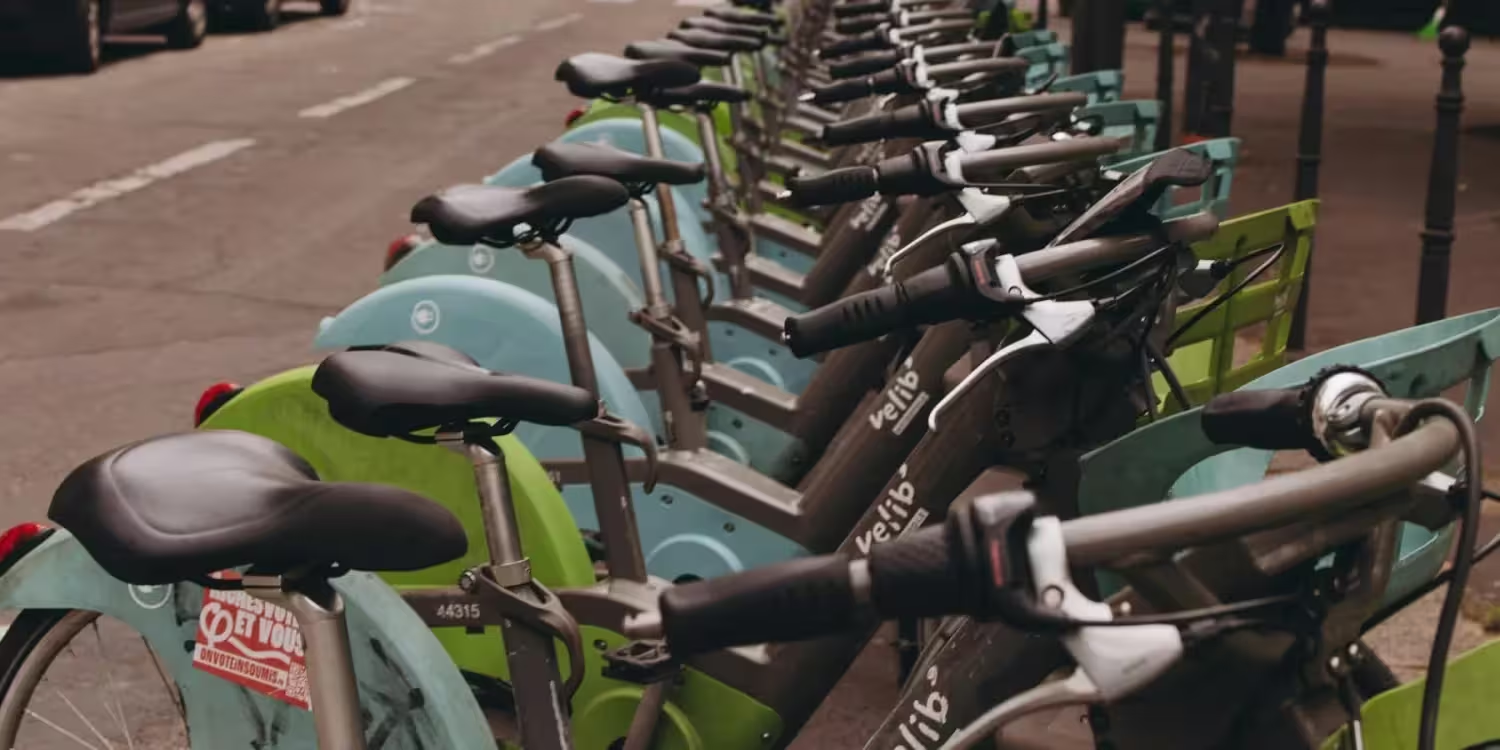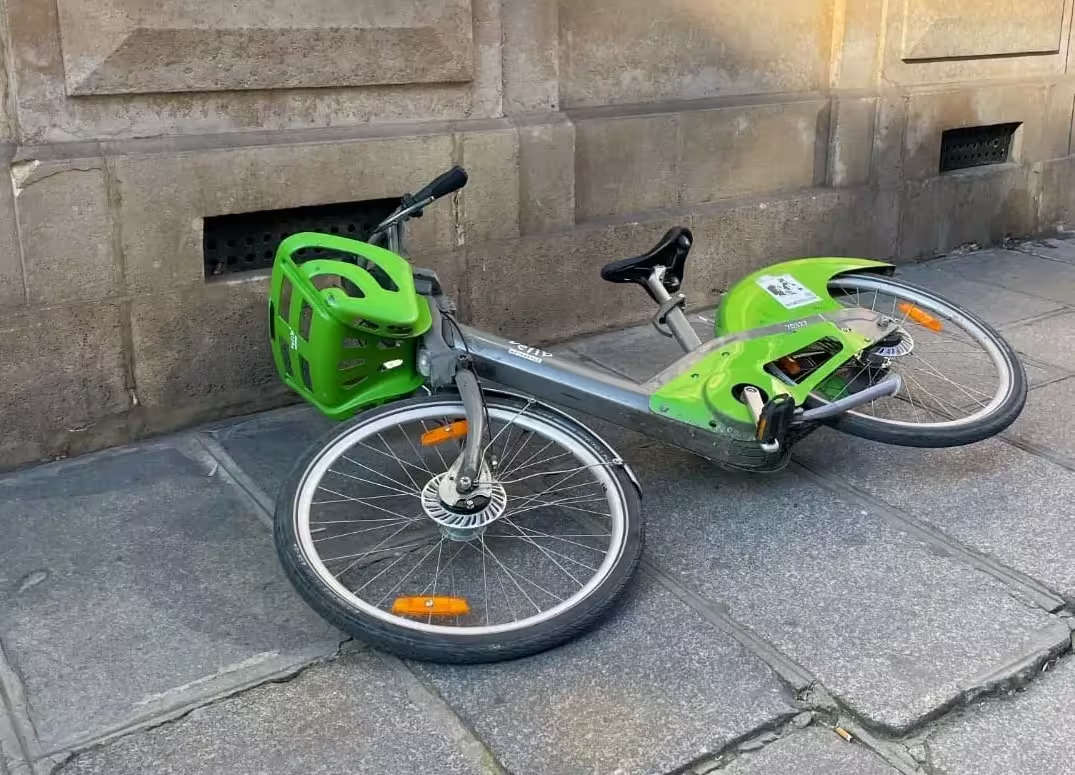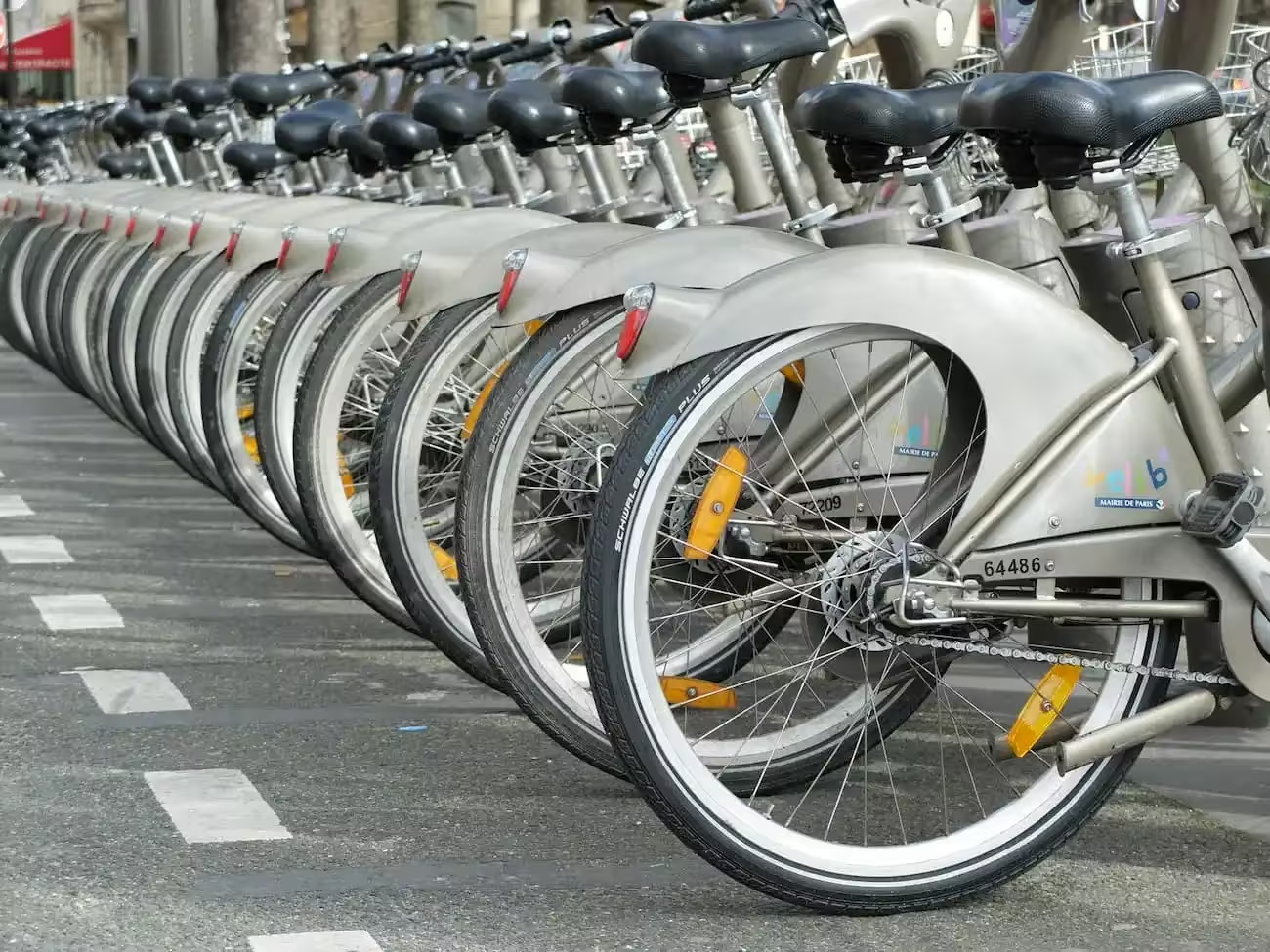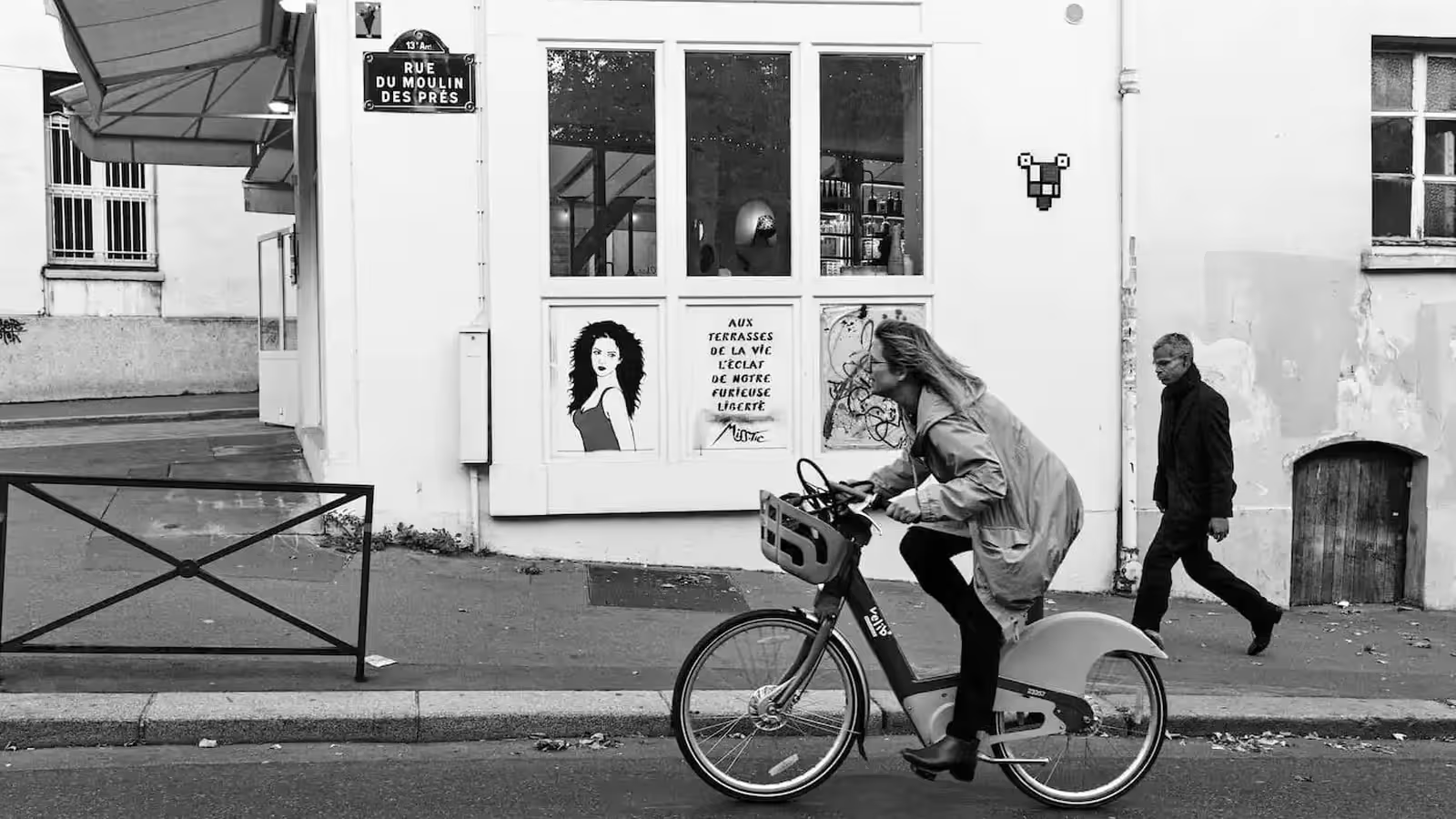5 Minutes
Paris’ Vélib Bike Share: An Urban Mobility Success Story Faces New Challenges
For years, Paris’ Vélib bike-sharing network has stood as a global benchmark for sustainable urban transportation. Boasting a fleet of more than 20,000 pedal and electric-assist bikes, Vélib enables locals and tourists to navigate the bustling streets of Paris without the congestion and emissions associated with cars. However, as the city continues its crusade to reduce car dependency and champion cleaner mobility options, Vélib is now grappling with a dilemma that could undermine its achievements: rampant bike theft and unauthorized use.

The Scale of Vélib’s Theft Crisis
Recent data from city officials and operator Agemob paint a concerning picture: each week, over 600 Vélib bicycles disappear from the network—a staggering rate equating to more than 30 bikes a day. Evaporation of this magnitude has left the system short by around 3,000 bikes, a full 15% of its total inventory.
What’s causing this spike? It’s not professional thieves or criminal syndicates at work. In reality, many of the so-called "sticky-fingered" culprits are ordinary users who have learned to forcibly detach bikes from their locking docks. Once free, some enjoy a joy ride and simply abandon the bikes wherever suits them—be it alleyways, rivers, or the city’s outskirts. With no built-in GPS for most Vélib bikes, recovering these liberated rides proves daunting, if not outright impossible.

Design and Technical Specifications of Vélib Bikes
Vélib bikes are purpose-built for urban cycling, combining robust steel frames, adjustable seats, and efficient braking systems with either pedal power or electric assist. E-bikes in the fleet offer battery-supported travel for up to 40km, enhancing accessibility for longer commutes. However, in prioritizing simplicity and low maintenance, most models forgo advanced anti-theft technologies such as GPS tracking, which is now revealed as a significant vulnerability.
Impact on Service Reliability and User Confidence
With so many bikes vanishing, Vélib docking stations are increasingly left barren, especially at peak commuter hours. Riders seeking a quick and eco-friendly journey often face empty docks or are forced to trek long distances to locate an available bicycle. This unreliability erodes public trust in shared mobility and risks diverting Parisians and visitors back into private cars, cabs, or ride-sharing apps—counteracting the city’s successful efforts to curb automobile use and traffic congestion.
Market Positioning: How Vélib Stacks Up Globally
Vélib was among the earliest large-scale bike-sharing services and remains an inspiration for similar programs in cities like London, New York, and Beijing. The system’s hallmark has always been its blend of widespread accessibility, low fees, and integration with Paris’ public transport. Yet, as thefts escalate, Vélib risks falling behind global competitors who have invested more aggressively in anti-theft solutions, such as robust tracking, tamper-proof locks, and stronger enforcement policies.

Comparisons with Other Urban Mobility Solutions
Unlike the reliability and security offered by modern electric vehicles (EVs), car-sharing services, or even some newer bike-share ventures, Vélib’s vulnerabilities hinder its competitiveness. For instance, many leading e-scooter and e-bike programs now feature real-time GPS monitoring, helping operators quickly recover misplaced or stolen units. Cars, similarly, benefit from sophisticated tracking and immobilizer systems—features that could inspire the next evolution of Paris’ bike share technology.
The Financial and Logistical Toll of Bike Losses
Replacing stolen or vandalized Vélib bicycles comes at a high cost, stretching the program's resources thin at a time when cities are reevaluating urban transport budgets. Funds funneled into replacing missing bikes or reinforcing parking infrastructure could otherwise have supported service enhancements or further expansion. Repeated waves of theft strain the system and force difficult choices for operators and city planners.
Striking the Right Balance: Access vs. Accountability
City officials acknowledge that there’s no simple solution. Vélib’s popularity hinges on ease of access and a sense of trust among users. Overly restrictive measures might deter new riders and compromise the spirit of shared mobility. Yet, too much leniency invites further misuse and system instability. As Paris contemplates future safeguards—possibly GPS integration, upgraded docks, or stricter enforcement—it must weigh the need for open access against the necessity of protecting a vital urban asset.
The Road Ahead for Urban Mobility in Paris
Paris stands at a crossroads. The city has made remarkable progress by reducing private vehicle traffic, expanding cycling infrastructure, and championing green mobility. Vélib serves at the heart of this transition, offering a blueprint for cities seeking alternatives to car-centric travel. However, unless the bike theft crisis is contained, the sustainability—and appeal—of shared cycling in Paris hangs in the balance.
Restoring rider confidence and system reliability will be essential if Vélib is to remain a model for future-forward, car-light cities. Striking a balance between freedom and responsibility isn’t just critical for Paris but offers lessons for all cities striving for smarter, cleaner transportation futures.



Comments